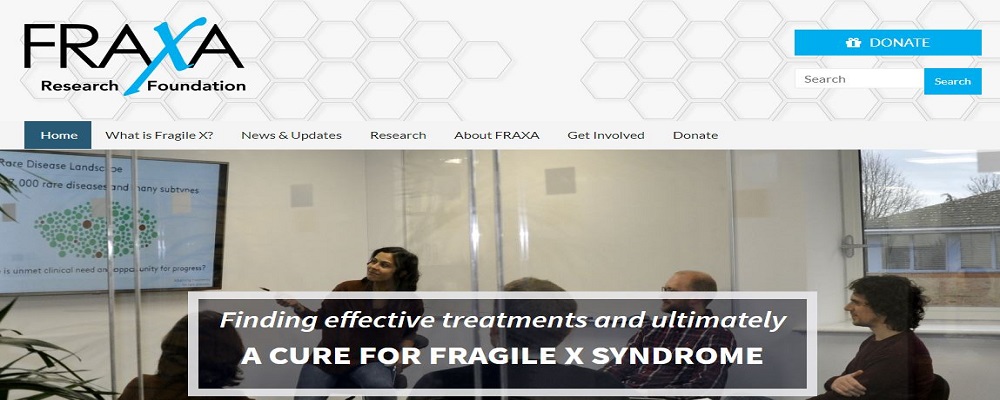Each year, FRAXA funds $1 million or more in medical research aimed at finding specific treatments and ultimately a cure for fragile X syndrome. Our goal is to bring practical treatment into current medical practice as quickly as possible; so preference is given to projects that have a clear practical application and the results of which will be shared in a timely fashion.
FRAXA awards 2 categories of grants:
1) FRAXA Clinical Trial Grants
- Flexible in amount and duration.
- Must involve human subjects with fragile X.
- Highest priority is given to clinical trials of potentially disease-modifying therapeutics which have previously been validated in fragile X animal models.
- No limit to structure of grant (can fund PI, postdoc, grad student, technician, supplies, etc.) or time-frame (though all grants over one year still need yearly renewal)
- No limit on amount, but please remember that applications are ranked based on relative value, so smaller requests have an advantage!
- Applications may be submitted at any time, but a Letter of Intent (LOI) is essential
2) FRAXA Fellowships
- 8-12 total fellowships depending on available funds.
- $50,000 per year up to 2 years.
- Any university-based lab in the world may apply; we do not give preference to any specific country.
- Salary support for one scientist (any degree of BS or higher) working at least ½ time on the project.
- Supply budget is allowed.
- Limit of one application per lab group (current grantees are not eligible).
- Non-transferable (only good for specified postdoc, PI, and institution).
- Priority is given to research with a translational or preclinical focus on fragile X, which has potential to lead to improved treatment.
- PIs must demonstrate adequate overall funding to pursue this project. Successful applicants for these grants will likely be working in established labs which have funding for supplies and any required animal handling costs. If the applicant proposes to work with a particular fragile X model (KO mouse, drosophila, neural stem cells, etc.) s/he should demonstrate that this model system has already been established in-house.
Deadline: 1st February every year.


